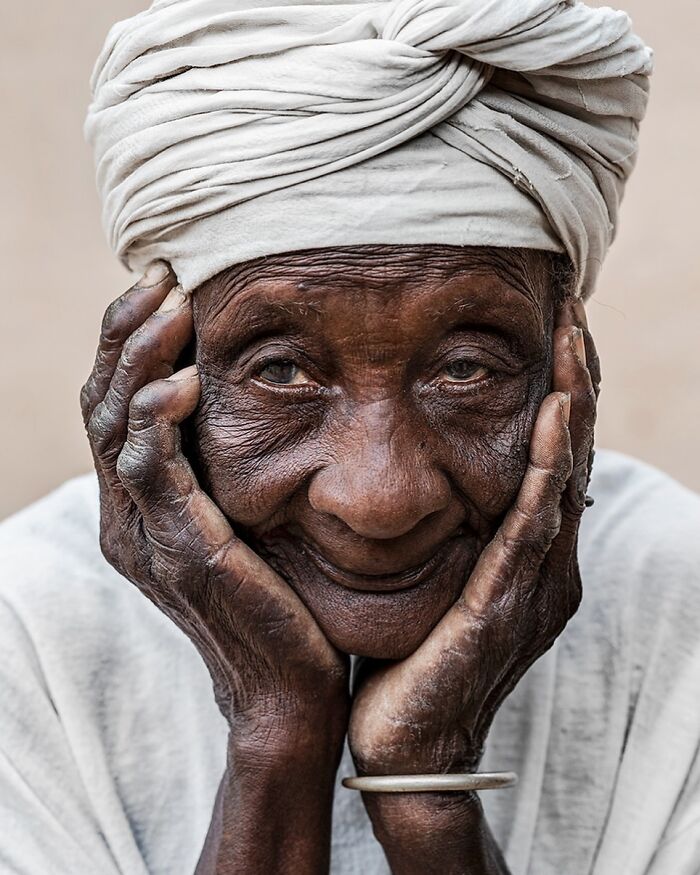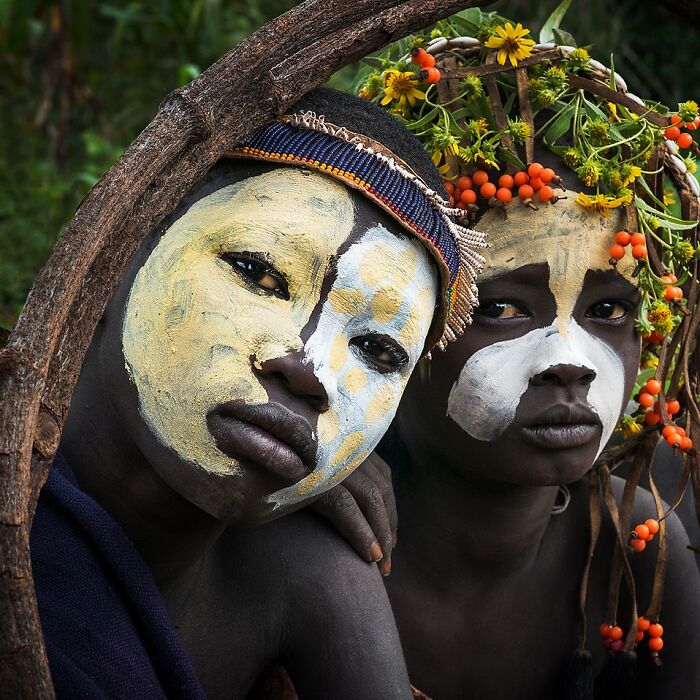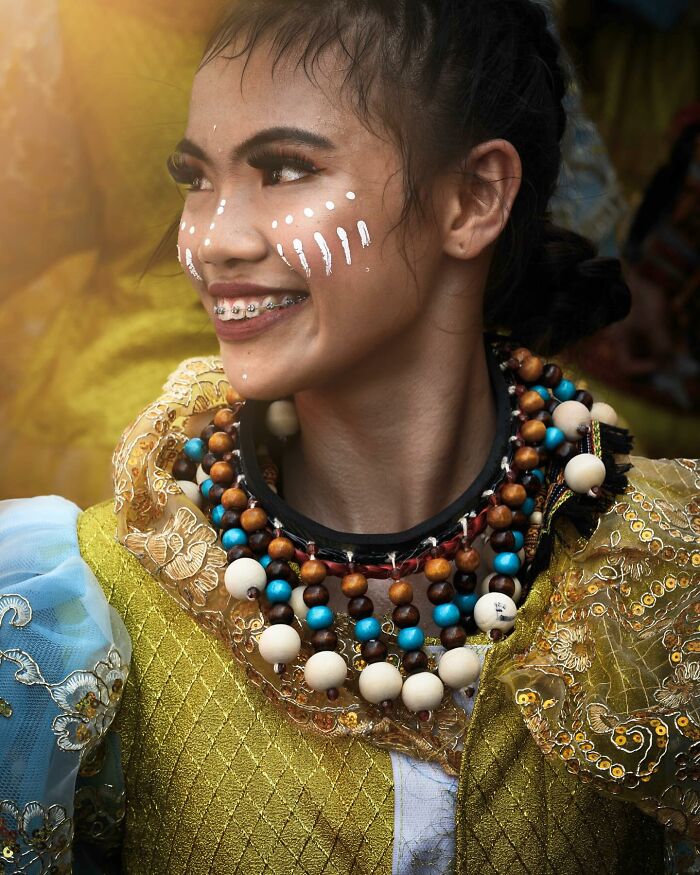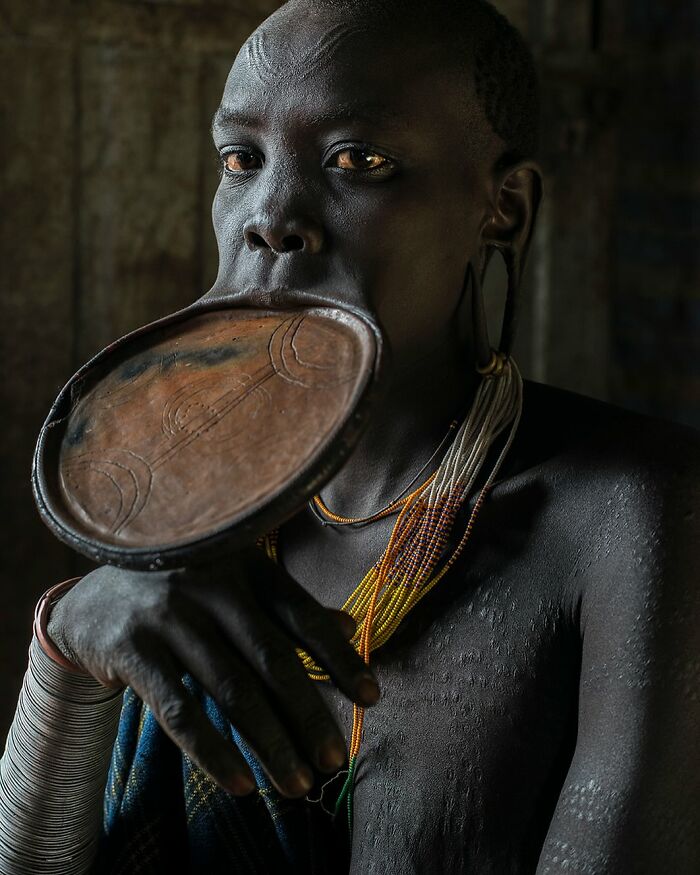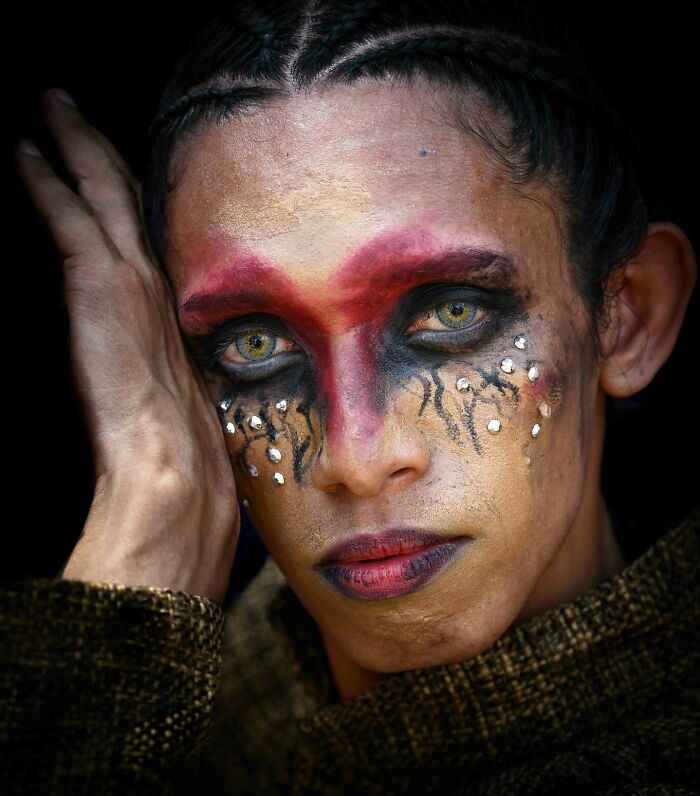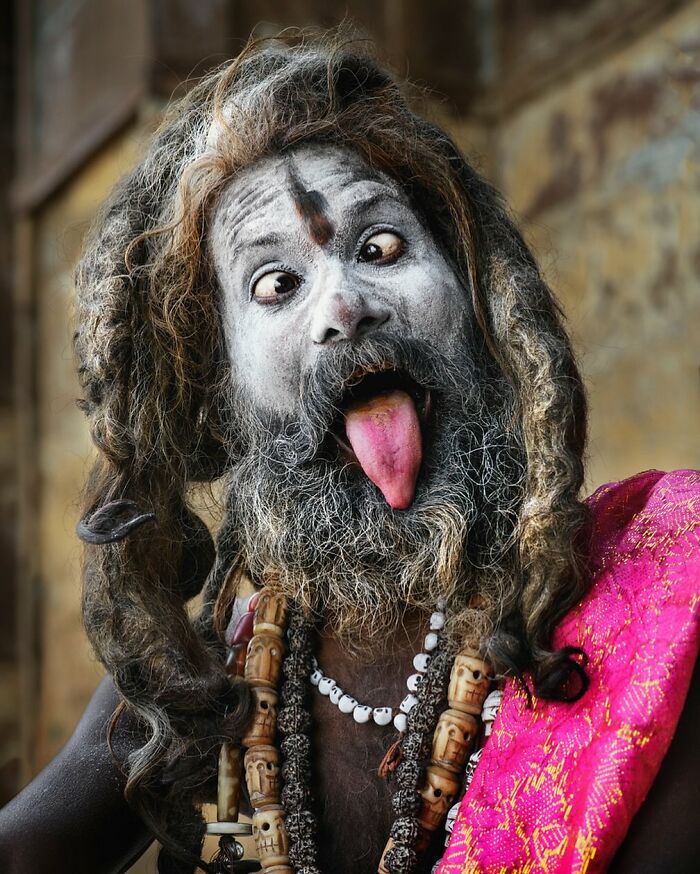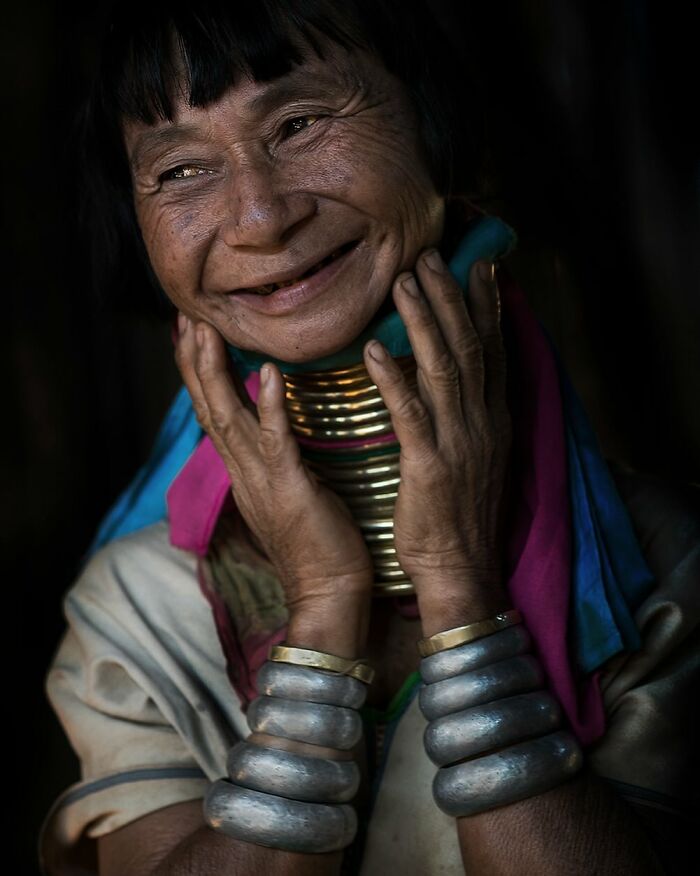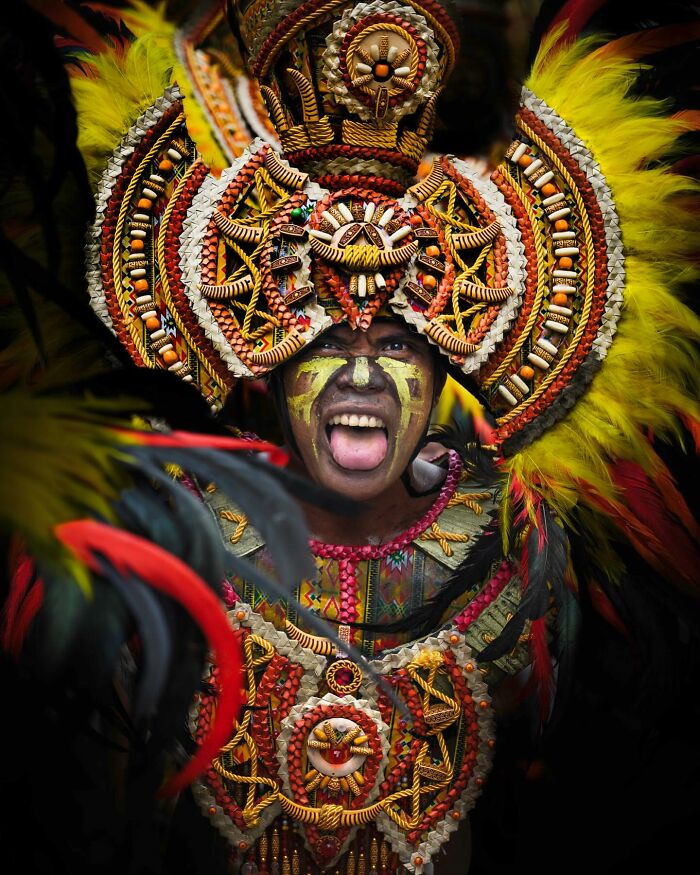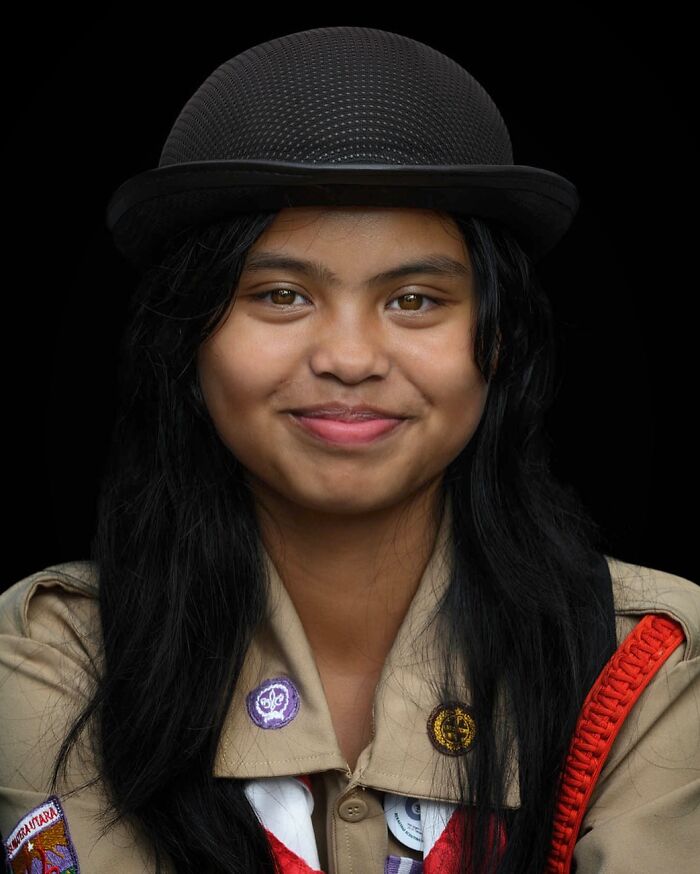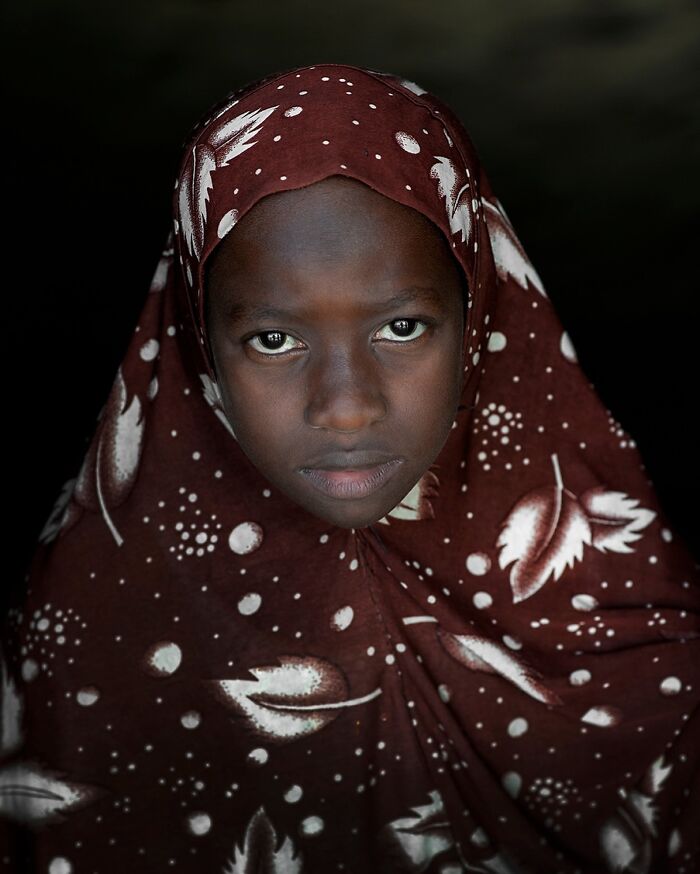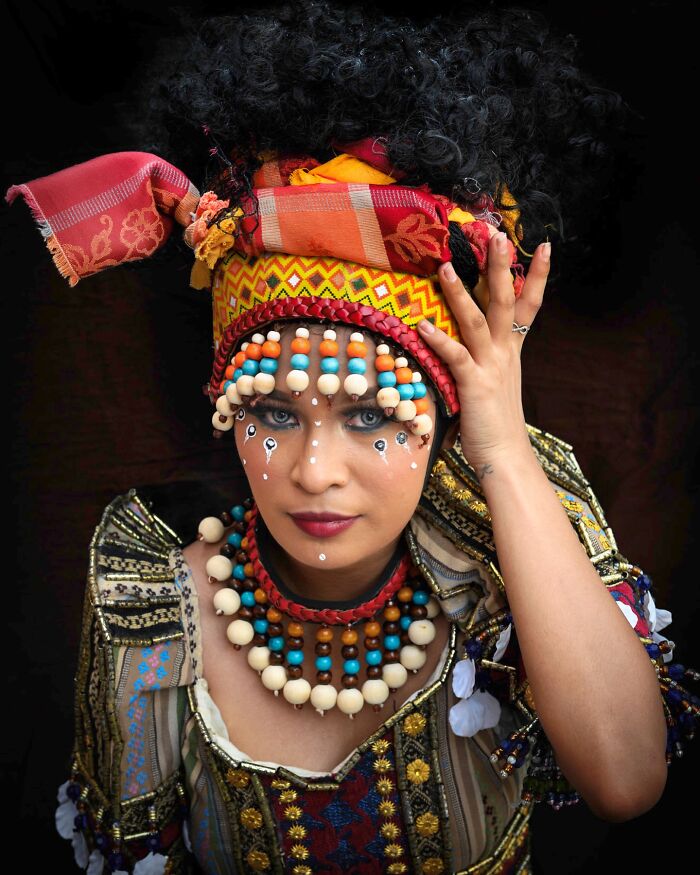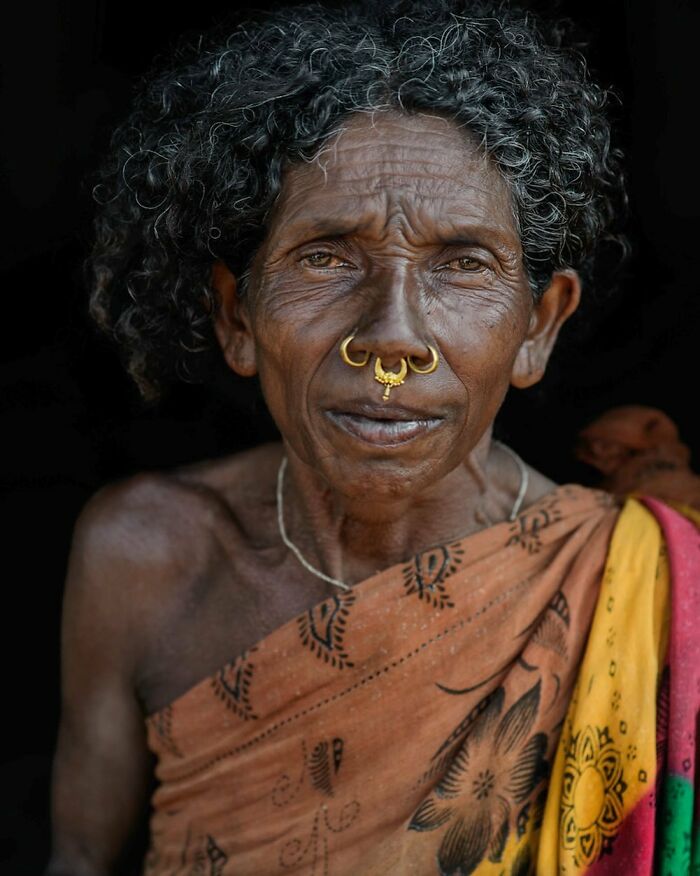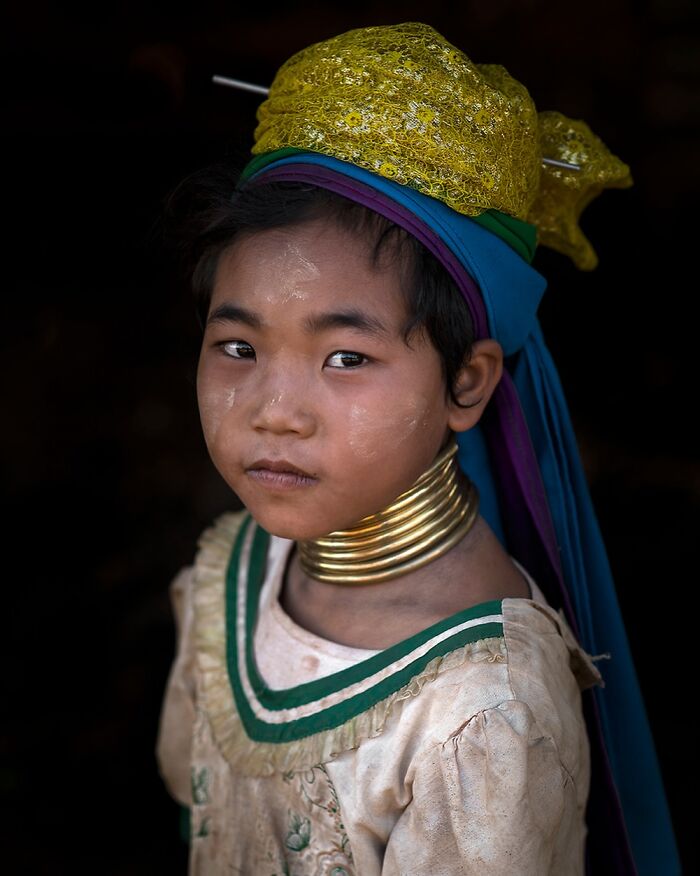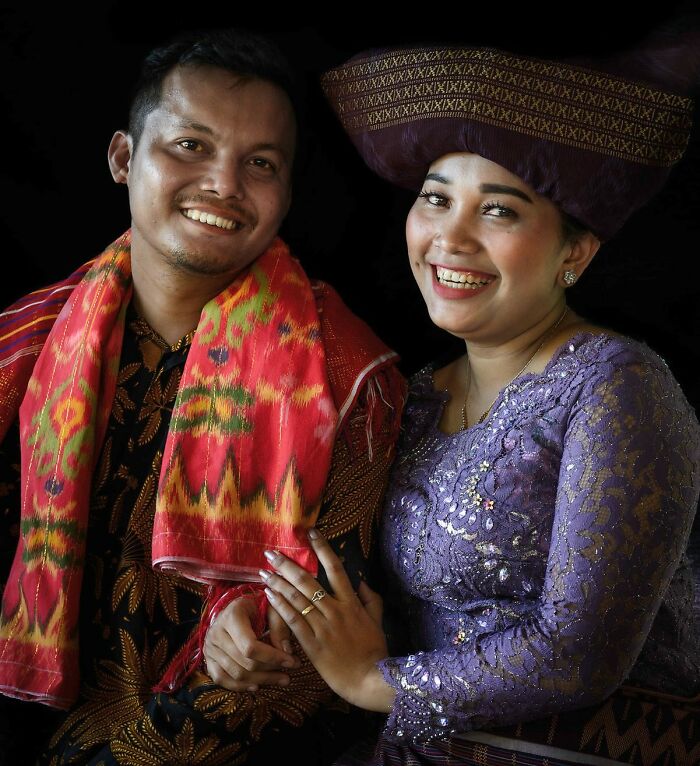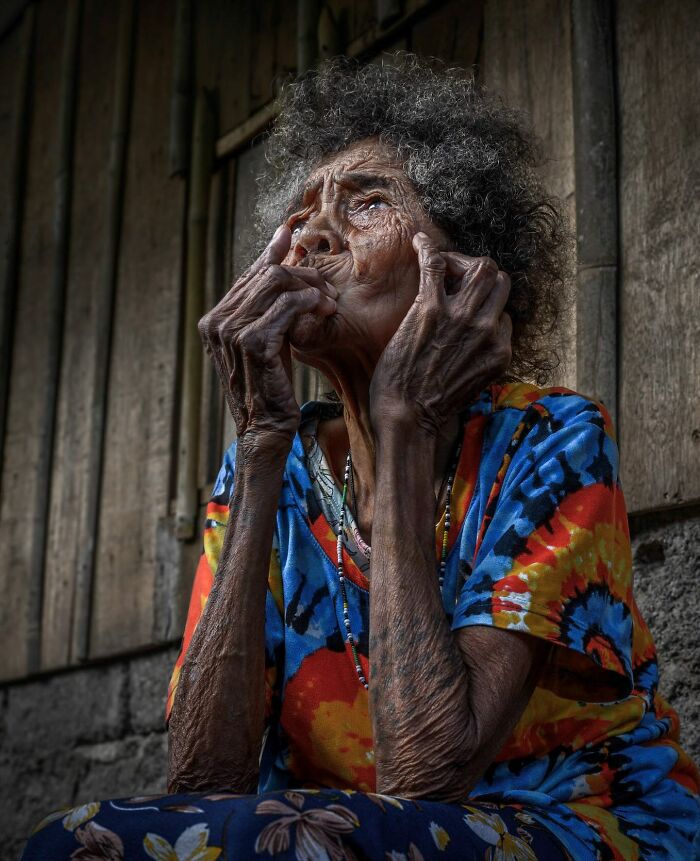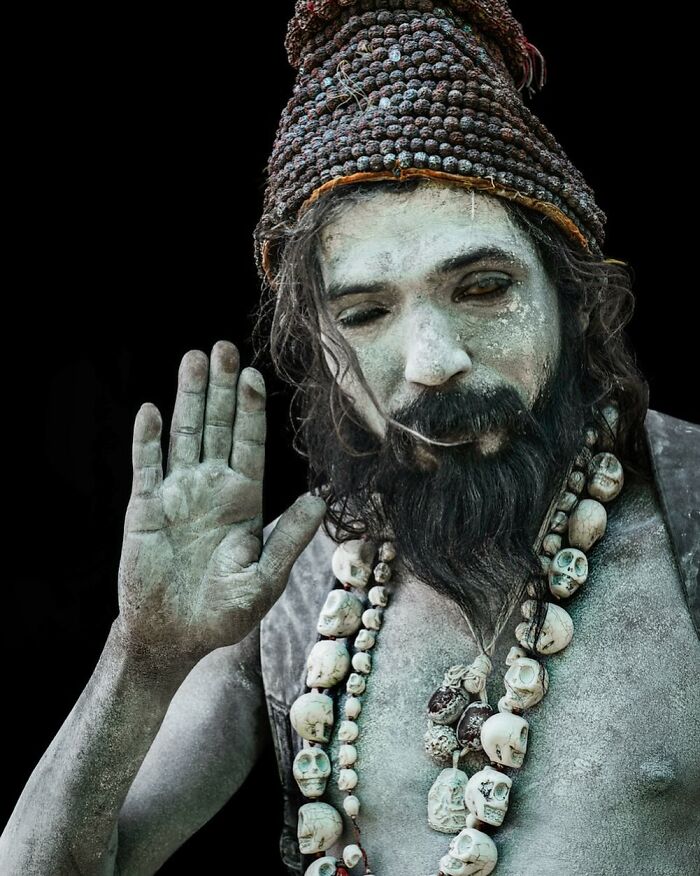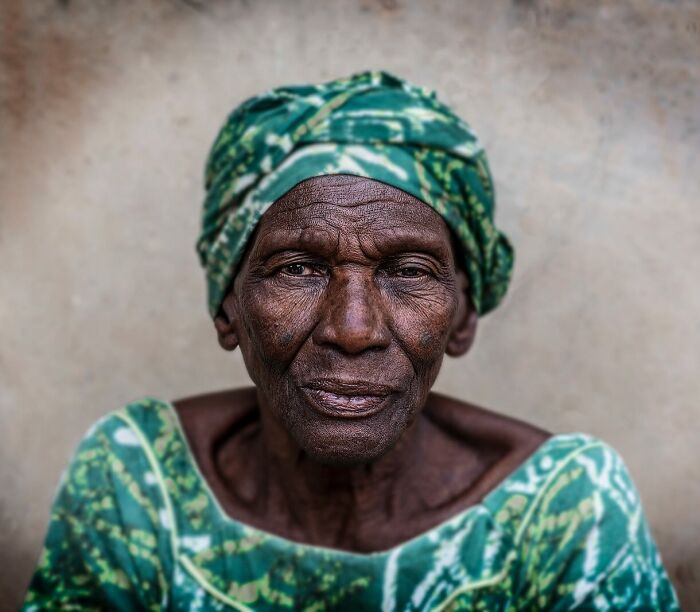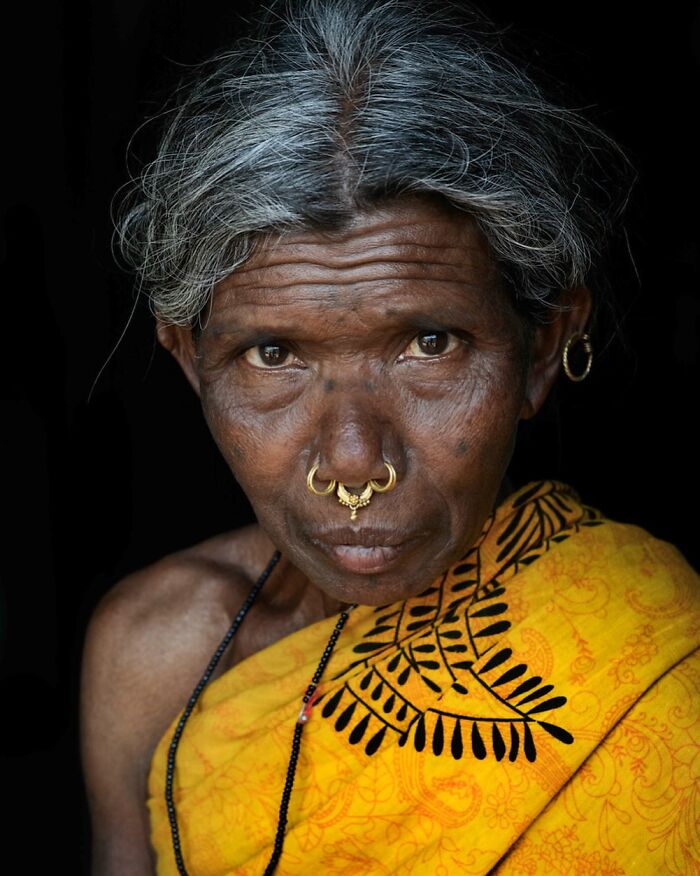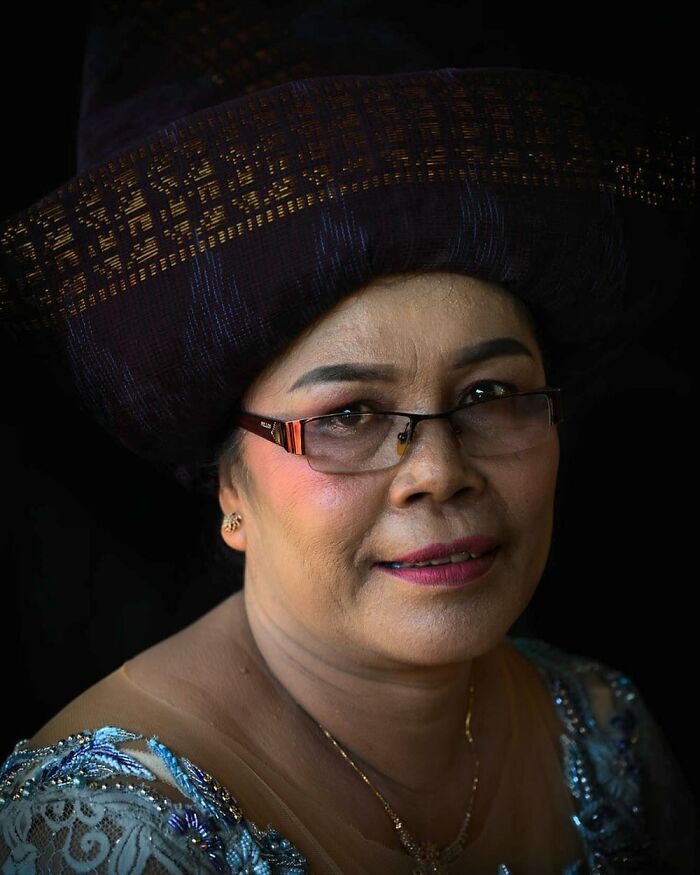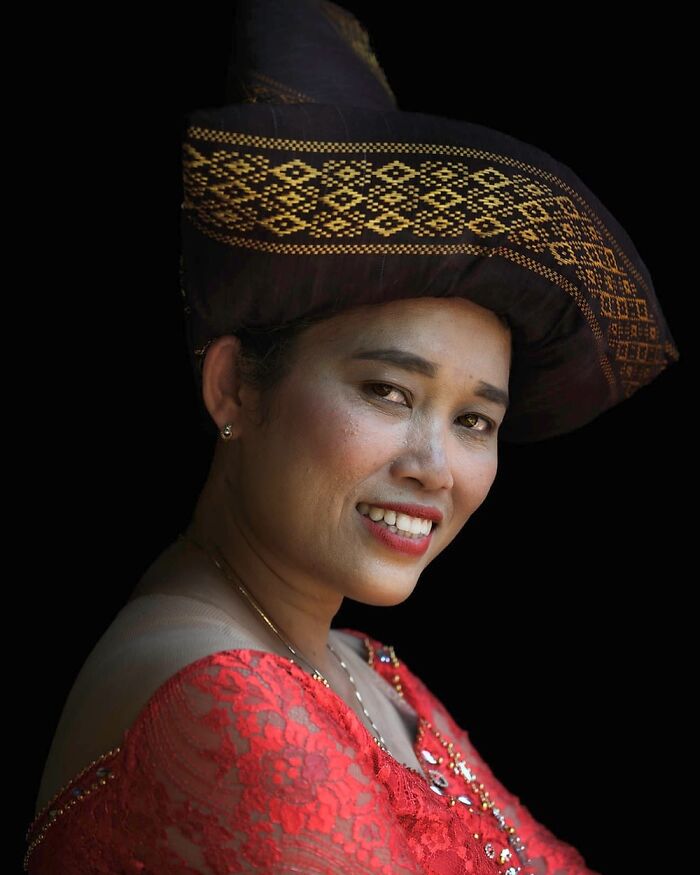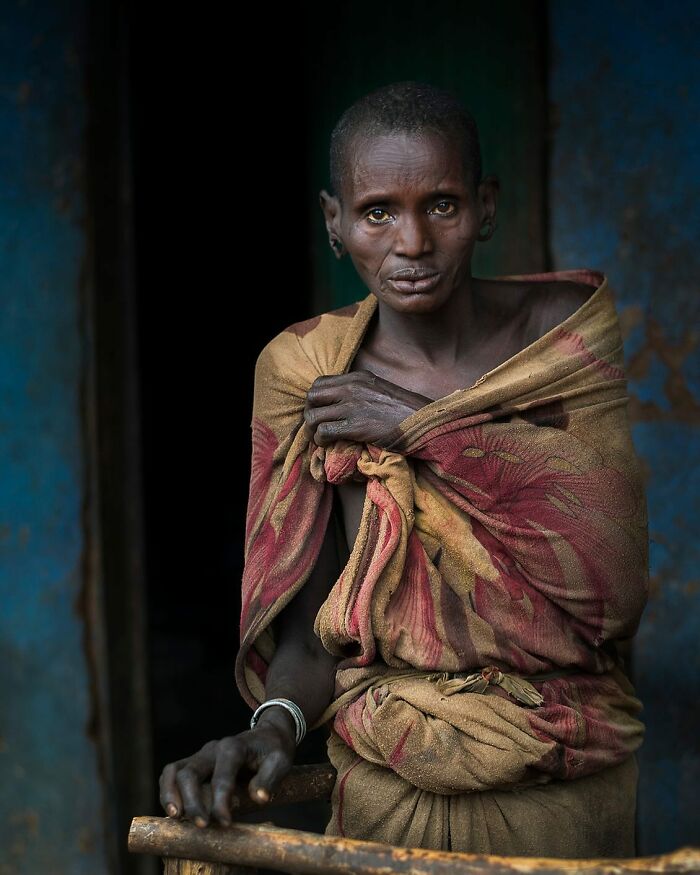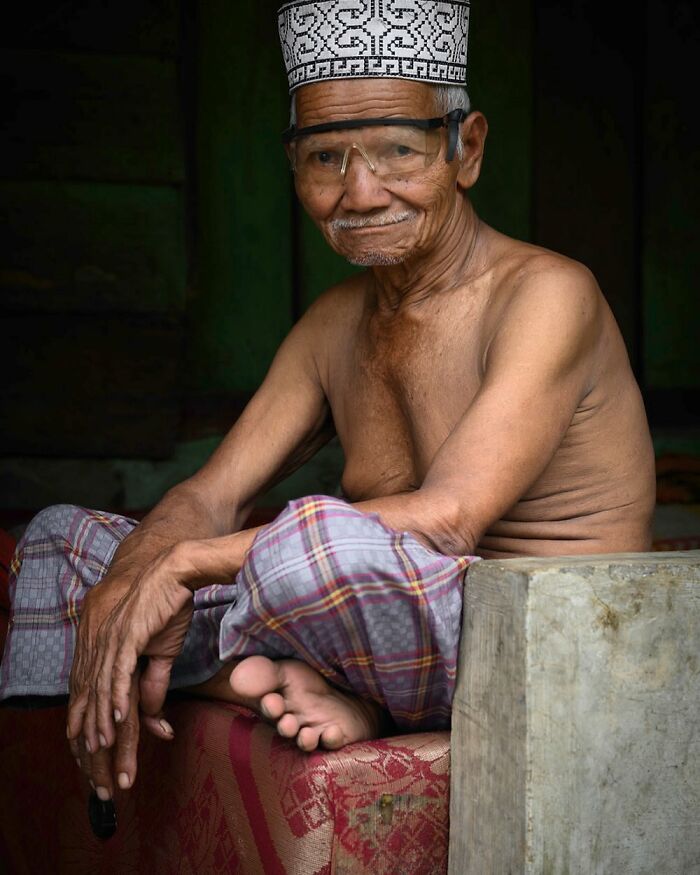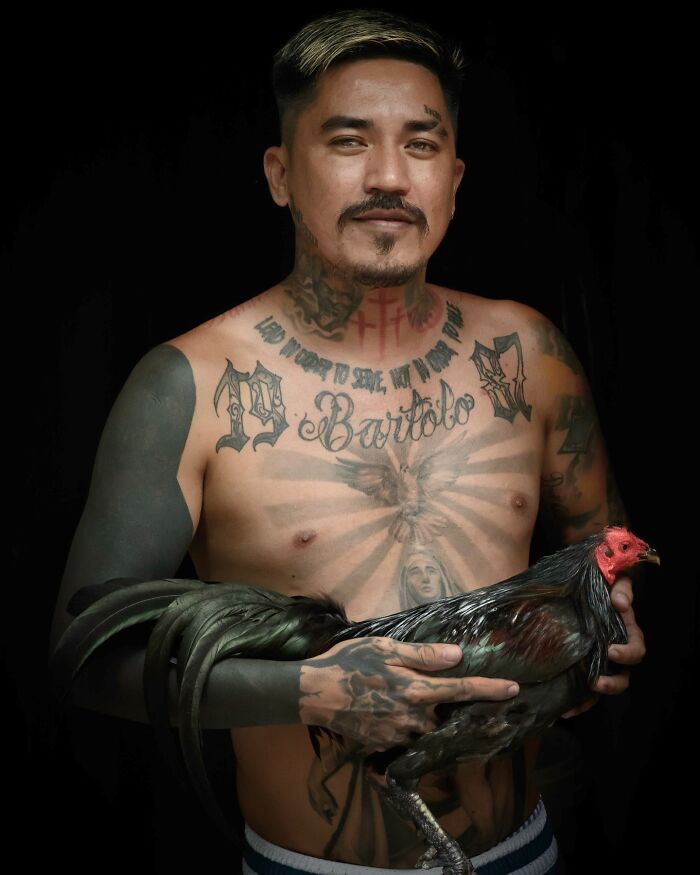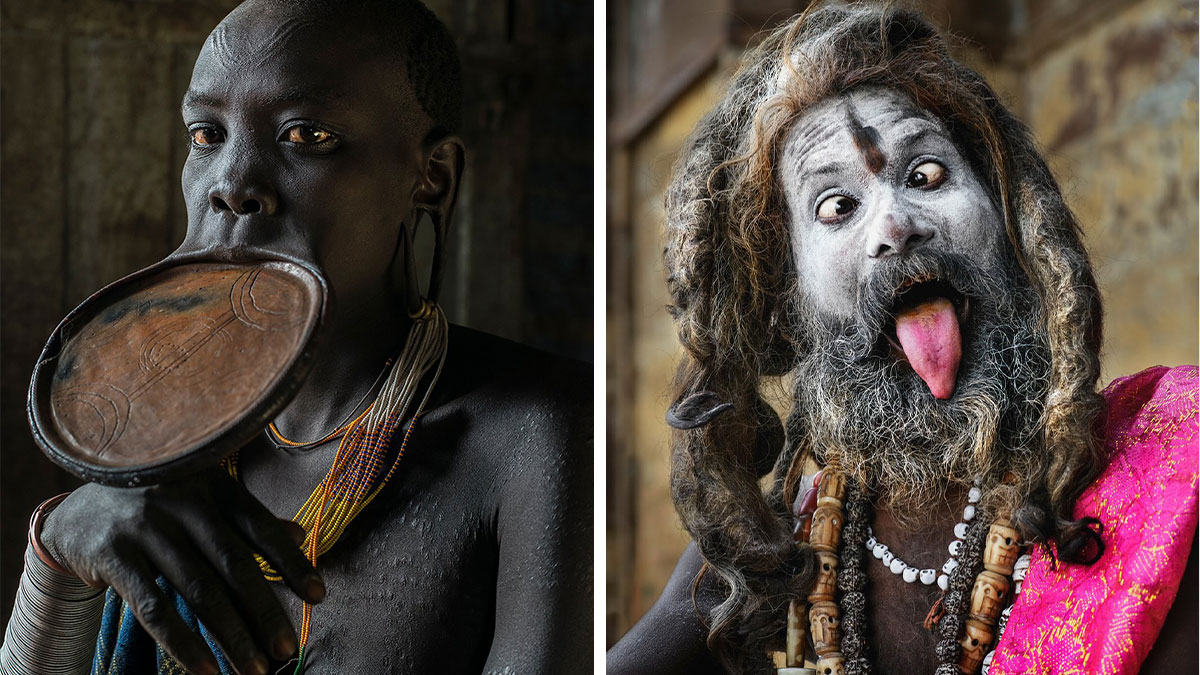
23 Breathtaking Photos That Celebrate The Diversity Of Cultures Worldwide
InterviewToday, we’d like to take you to distant corners of the world—places we still have so much to discover. This journey is made possible by Spencer Montero, a photographer who explores different parts of our planet, documenting cultures and the people who inhabit them.
Drawn to learning about the world from a young age, Spencer always felt the pull of the open road, eager to explore beyond his doorstep. He shared how it all began: “My first great adventure—a three-week solo motorcycle journey through Morocco—ignited a passion for travel that would shape my life forever. But with every return home came a deep longing to keep the journey alive.”
Scroll down to discover the locations and people Montero has encountered on his travels and explore his captivating collection of photos.
More info: Instagram | photito.com | youtube.com
This post may include affiliate links.
"I found it very difficult to photograph people in Senegal. Most people I met were very reluctant to have their photograph taken. But one day, whilst riding my bicycle, I came across a small village in Casamance where I noticed a group of women drinking home made palm wine. They had already been drinking for a while and were feeling quite happy. I knew that would be the perfect photo opportunity. This elderly lady was amongst them."
The photographer went on to share how his journey with photography began and evolved: “That’s when photography became more than just a hobby; it became a way to hold onto the magic of my experiences. After taking an initial photography course, I never traveled without my camera again. Each image I captured was more than just a picture, it was a way to relive the sights, sounds, and emotions of the places I had explored.
With every new destination, my thirst for discovery only grew stronger. Photography became my bridge between fleeting moments and lasting memories, allowing me to preserve the beauty of different cultures and landscapes before they could fade with time.”
Lastly, Spencer added: “Now, in the digital age, my adventures never truly end. By the time I finish editing the images from one journey, I’m already preparing for the next.”
"I came across these two friendly boys in a tiny village outside the town of Kibish in southern Ethiopia. What an experience it was to spend the afternoon with them."
"The Dinagyang Festival in Iloilo is a vibrant celebration of faith, culture, and unity. It showcases the Filipino spirit through colorful parades, rhythmic drumbeats, and the unwavering pride of its people. A true testament to the beauty of their traditions and the strength of community."
Such a beautiful amalgam of east and west. The braces for right in!
When asked about a particular story that has stayed with him the most throughout his travels, Montero shared: “Nearly 30 years ago, on a three-month adventure through India, I found myself standing before the Taj Mahal at dawn. Determined to experience its beauty in solitude, I arrived early, just as the morning mist wrapped around its white marble like a dream. With only the quiet presence of a gardener in the distance, I wandered the grounds, capturing the breathtaking sight through my lens.
And then, in that perfect stillness, I met her, a fellow traveler, camera in hand, eyes filled with the same wonder. A single moment, a chance encounter, yet one that would change my life forever.
Now, three decades later, with two incredible children and a home filled with memories, this remains the story that has stayed with me the most, a reminder that life’s greatest adventures aren’t just about the places we go, but the people we meet along the way.”
"It is uncertain how this bizarre custom of wearing a lip plate came into being. One theory is that lip plating originated as a deliberate disfigurement designed to make women and young girls less attractive to s***e traders. Some researchers claim that the size of the lip plate (the bigger the better) was a sign of social importance or wealth within the tribe. Another analysis indicated that the bigger the size of the lip plate, the bigger the dowry a bride would receive on her wedding day. For example, the larger the lip plate, the greater the number of cows the bride’s father can demand in his daughter’s dowry. But some researchers dispute this theory, arguing that marriage of most tribal girls, as well as the size of their dowries, is prearranged long before their lips are cut. Others suggest that lip plating is simply an ornamentation meant to symbolize a woman’s strength and self-esteem. The practice is also described as being a sign of social maturity and reaching reproductive age, thus indicating a girl’s eligibility to become a wife."
"Behind the vibrant energy of the Dinagyang Festival in Iloilo lies months of dedication, passion, and tireless effort. Performers wake before dawn, their hands skillfully painting intricate patterns on their faces, each brushstroke a tribute to culture and faith. They adorn themselves in elaborate costumes, heavy with beads, feathers, and history, carrying the spirit of their ancestors with every step. Despite the heat, the weight, and the exhaustion, they dance with unshakable pride—because Dinagyang is more than a festival. It is a celebration of identity, devotion, and the unwavering heart of the Ilonggo people."
We were also curious about how traveling had changed Spencer's perception of humanity and the world as a whole. The photographer explained: “Traveling has shown me that, no matter where we come from, we all seek the same fundamental things, love and good health. Beneath our different languages, customs, and traditions, we are all simply human.
Through my journeys, I’ve learned to see the world without judgment. There are moments when I may not agree with what I encounter, but instead of closing my mind, I choose to observe, to listen, and to understand. Every culture, every way of life has something to teach us, if we are willing to learn.”
The photographer also mentioned that a judgmental mind is a closed mind, and for a true traveler, that mindset is simply not an option. He elaborated: “To explore the world is to embrace its diversity, to step beyond the familiar, and to discover the beauty in perspectives different from our own.”
"In the heart of Varanasi, by the quiet edge of the Ganges, a lone sadhu tends to the Harishchandra Burning Ghat , his presence as constant as the smoke that curls toward the heavens. Wrapped in ash and silence, he is both guardian and witness, a keeper of the eternal fire where life surrenders to death, and death surrenders to the divine.
Each ember he stokes is a prayer to Kali, the dark mother who dances between destruction and rebirth. In the flickering flames, he sees her fierce love—the power that dissolves illusion and grants liberation. He does not mourn what is lost; he honors the truth that nothing is ever truly gone.
As the river flows and the fire burns, the sadhu remains—an anchor between worlds, chanting her name, walking the thin line between the mortal and the infinite."
Nice to know that pulling faces and sticking your tongue out is, almost, universal.
"The women of the Kayan tribe of Myanmar embody strength, resilience, and cultural pride. With their signature brass neck rings, they carry generations of tradition, symbolizing beauty, identity, and perseverance. Despite challenges, they continue to honor their heritage, inspiring the world with their grace and determination."
Do they have a choice? One stubborn liitle girl pipes up and says "No, I don't want rings round my neck" and the patriachy says "tough, kid, we dictate what women do"
Our final question was about a behind-the-scenes moment from Montero's travels—one that the camera didn’t capture but that left a deep impression on him. Here’s what we discovered: “I can’t pinpoint just one single moment from my travels that left a lasting impression without being captured by my camera, there are simply too many. Some moments are etched in my memory not because of a photograph, but because of the way they made me feel.
But if there’s one thing no camera can ever truly capture, it’s the incredible sense of freedom that comes with traveling light, with nothing but a backpack and an open road ahead. The feeling of wandering without obligations, of being a spectator to the world’s wonders, is something that exists beyond the frame of any photograph.”
A member of the Molave tribe during the 2025 Dinagyang Festival in Iloilo, Philippines.
It's crazy to imagine how long it must take to create traditional clothing like this so beautiful.
A portrait of a young Muslim woman wearing traditional dress.
A member of the Paghidaet tribe participating in the Dinagyang Festival 2025 in Iloilo, Philippines.
A portrait of an Adivasi woman.
A portrait of a little girl from the Kayan tribe.
"Batak Karo marriages follow a complex system of customs and traditions that emphasize kinship, clan relations, and social harmony. The marriage process typically involves several stages, including nganting manuk (engagement negotiations), kerja ngerana (traditional wedding ceremony), and erpangir ku lau (a symbolic purification ritual). Marriages are traditionally exogamous, meaning partners must come from different clans (marga), and family elders play a significant role in matchmaking and negotiations. The wedding is a grand celebration with traditional music, dance, and the exchange of gifts to strengthen bonds between families."
"Manobo, or Aeta, as they are known. They are thought to be the earliest inhabitants of the Philippines and often lived in isolated and mountainous areas in Bileran."
"The Aghori walk the path of fearlessness, embracing the impermanence of life and the illusion of duality. They see the divine in all things—beauty and decay, light and darkness—knowing that liberation lies beyond judgment. Their journey is not for the faint-hearted; it demands surrender, detachment, and absolute faith in the universe. In the ashes of the funeral pyre, they find purity. In the silence of the cremation ground, they hear the eternal truth. The Aghori remind us: to be truly free, we must transcend fear and see the divine within ourselves and everything around us."
Again, not everyone knows where these people are located. India. I looked it up.
"It was during a bicycle ride, along a sandy lane in the beautiful region of Casamance, that I came across a tiny hamlet where local elderly women were gathered. Upon closer inspection, I realized that they were all drinking a strong homemade alcoholic drink. I took advantage of the situation where they were all happily under the influence, and got close with my camera. They were all from the Jola tribe and wearing traditional dress. Not only did I manage to get some great shots but really enjoyed spending some time sitting and laughing with them."
"Over 95 percent of the scheduled tribes of Odisha still live in rural areas, and economic exploitation remains their most acute problem. Less than 10 percent are itinerant hunter-gatherers, but more than half depend on forest produce for their livelihood, many in the form of the tendu leaf, used for the production of bidi (cigarettes). From the time of the British administration, there have been laws regulating the ownership and use of the forests, and today, most forest land is effectively nationalized, with large areas contracted out to private commercial interests. This has progressively deprived Adivasi communities of rights in the land, and they can be fined or imprisoned for taking forest produce which has traditionally been theirs."
"The Karo Batak people are an ethnic group native to North Sumatra, Indonesia. They are part of the larger Batak ethnic family but have distinct cultural and linguistic traditions. The Karo speak the Karo language and practice unique customs, including traditional village structures called huta and intricate wedding and kinship systems. Historically, they were known for their agrarian lifestyle, cultivating rice and coffee in the fertile highlands of the Karo Regency. Many Karo Batak practice Christianity today, though some still follow traditional animist beliefs. Their culture is celebrated through music, dance, and the famous rumah adat (traditional houses) with distinctive curved roofs."
"A lady from the Batak Karo people dressed in the traditional costume. It’s not common anymore to see the traditional dress being worn on a daily basis. It’s mostly something now reserved for weddings, funerals and other events."
"Meet Bartolo, a 37 year old Cockfighter from Manila, Philippines. Bartolo has been involved in Cockfighting for almost 20 years and regularly attends the Roligon Mega Cockfighting arena, wehre he’s very well known by all."
I LOVE it when BP covers more cultures than just Europe and the US - thanks!
Thank you, please visit my Instagram for more.
Load More Replies...I LOVE it when BP covers more cultures than just Europe and the US - thanks!
Thank you, please visit my Instagram for more.
Load More Replies...
 Dark Mode
Dark Mode 

 No fees, cancel anytime
No fees, cancel anytime 


